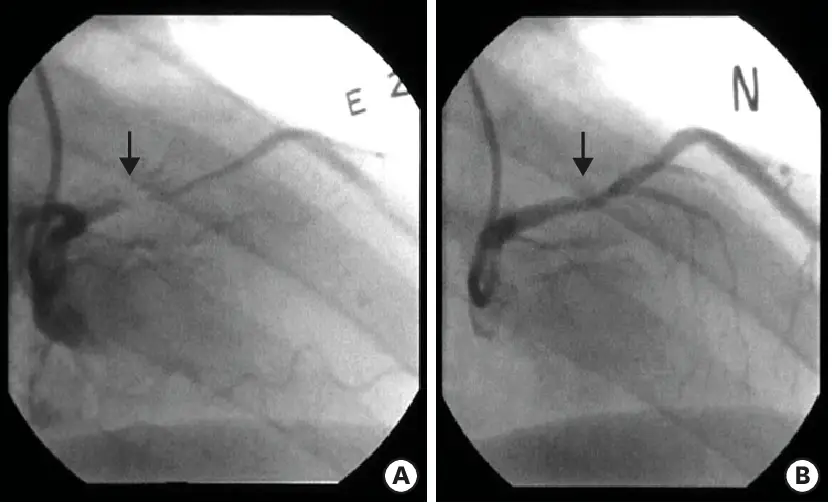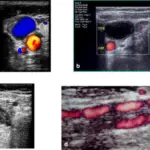Myocardial vessel vasospasm is a blood vessel disorder characterized by extreme constriction of arteries or arterioles that may cause ischemia.
What is the Pathology of Myocardial Vessel Vasospasm?
The pathology of myocardial vessel vasospasm is:
-Etiology: The cause of myocardial vessel vasospasm is idiopathic.
-Genes involved: Unknown.
-Pathogenesis: The sequence of events that lead to myocardial vessel vasospasm unknown.
-Morphology: Unknown.
-Histology: NA.
How does Myocardial Vessel Vasospasm Present?
Patients with myocardial vessel vasospasm typically common in males present at age range of 50-years-old. The symptoms, features, and clinical findings associated with myocardial vessel vasospasm include retrosternal pain, arrhythmias, rales, peripheral edema, jugular venous distention and extra heart sounds.
How is Myocardial Vessel Vasospasm Diagnosed?
Myocardial vessel vasospasm is diagnosed through laboratory studies-serum chemistry, lipid profiles and magnesium levels imaging, echocardiography, perfusion imaging. Coronary angiography shows central spasm.
How is Myocardial Vessel Vasospasm Treated?
Myocardial vessel vasospasm is treated through medical therapy nitrate therapy, calcium channel blockers. Surgical intervention includes percutaneous surgical revascularization.
What is the Prognosis of Myocardial Vessel Vasospasm?
The prognosis of myocardial vessel vasospasm is fair, with significant morbidity but low mortality.



